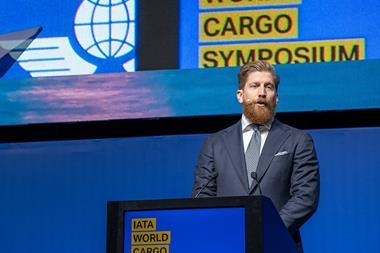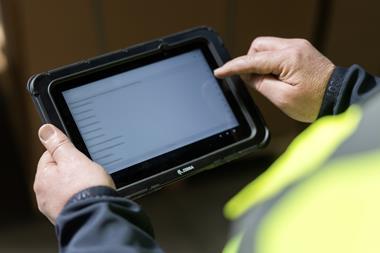For a man who has just established his first foothold on a new continent, Olivier Bijaoui is surprisingly grumpy.
The continent: South America. The ill temper: the president and CEO of WFS - the world’s largest cargo handling company, processing four million tonnes per year - believes air cargo handlers are the forgotten party in the air cargo supply chain. They’re right at the heart of secure and rapid transit, but Bijaoui claims their role is unacknowledged or misunderstood.
WFS has made its move into the Latin American ground handling market by acquiring Orbital, a leading Brazilian provider of ramp, passenger and airport security services.
Sao Paulo-headquartered Orbital is active at 19 airports across Brazil and represents more than 30 airlines. However, it doesn’t currently handle cargo, the bread and butter of WFS’s business accounting for 65 per cent of group turnover.
Cargo handling is still largely a closed shop in Latin America, Bijaoui explains. “It’s a monopoly in Brazil and handlers are limited in what they can do, but it’s slowly getting there.”
He is unclear on the time frame, or what investment may be needed, but hopes to use Brazil as a springboard for the wider region. It’s an opportunity to look at other countries; we will take our time to assess cargo and learn how things work.”
Educating the authorities, and the rest of the supply chain, about what handlers can and cannot control may take a little longer.
“So many people talk about what we do, but don’t have a clue, yet we are the cornerstone of the job” Bijaoui says. “I’ve got bonded cargo in the custody of Customs – they control my warehouse but the WCO don’t know who we are.”
Nor do forwarders, he suggests. The idea that handlers must take responsibility for speeding up delivery of consignments and removing 48 hours from the typical six-day air freight supply chain misses the point.
“It’s all covered in our SLAs [service level agreements],” he says. “We usually have freight ready for delivery in two hours, and even a full freighter load within four to six hours.
“We’re an airline facility, not a forwarders’ warehouse, but I’m not convinced that charging for storage would dissuade them [from failing to pick up cargo].
“Airlines and GSAs are paid on chargeable weight, but we get paid on actual weight. If an 800 kg shipment is light cargo, I may have to build five pallerts. It’s a big job. If they want me to break and build pallets, I’ll do it, but everything has a price.”
Bijaoui is keen to set up an association so that cargo handlers can speak with a united voice. “We sometimes want to fight our competitors, but we share common ground on security, dangerous goods and more effective ways of measuring our contribution.”
The template being set out by Cargo 2000 is of limited value, he argues. “Cargo handling is not a complicated business. We’re a shoebox with a door on one end and a door on the other.
“You don’t have to measure things like truck waiting times that are outside our control. If forwarders want to deliver on a Friday night because they don’t open again until Monday, it’s obvious trucks will be queuing.”











